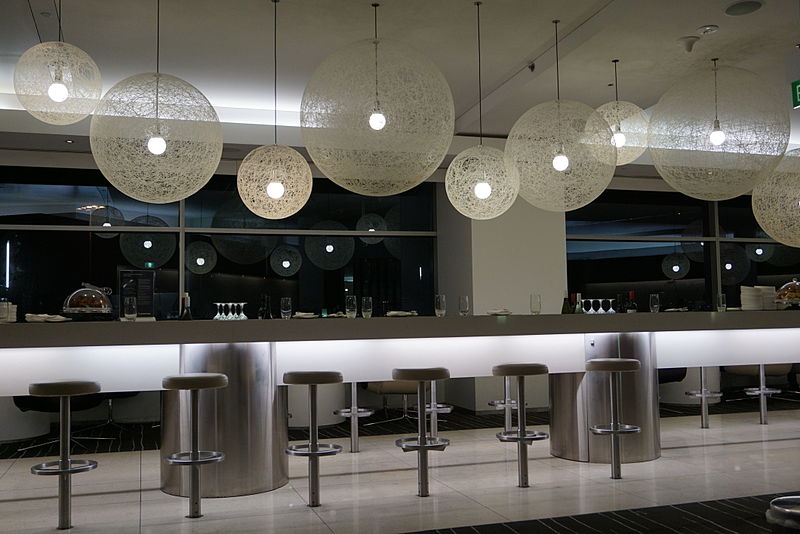
Australian airline company Qantas is preparing to reopen its airport lounges next month as lockdown and travel restriction ease and air travel begins to show signs of returning.
According to a report by Executive Traveller, the airline will gradually reopen its domestic Qantas Club and Qantas Business lounges from July as it scales up to meet school holiday demand and towards 40% of its pre-pandemic flying capacity.
Qantas temporarily closed down its lounges in March in the wake of the Covid-19 pandemic outbreak.
The airline reportedly plans to reopen the lounges gradually, based on the travellers booking flights on Qantas and, in some cases, Jetstar.
The report suggests that the reopened lounges will limit guest capacity to comply with social distancing requirements and to avoid passengers clustering too close together. Instead of self-serve buffets, the lounges will offer pre-packaged meals and snacks.
In addition, hand-sanitising stations will be placed near the entry and around the lounge.
How well do you really know your competitors?
Access the most comprehensive Company Profiles on the market, powered by GlobalData. Save hours of research. Gain competitive edge.

Thank you!
Your download email will arrive shortly
Not ready to buy yet? Download a free sample
We are confident about the unique quality of our Company Profiles. However, we want you to make the most beneficial decision for your business, so we offer a free sample that you can download by submitting the below form
By GlobalDataMeanwhile, Qantas and Jetstar are set to increase their domestic and regional flights for June and July, with more than 300 more return flights added per week.
Both airlines are planning to deploy more employees to operate and support their services to support the additional flights.
Qantas Group CEO Alan Joyce said: “We are gradually adding flights in June as demand levels increase, which will go from 5% of pre-crisis levels currently to 15% by late June.
“We can quickly ramp up flying in time for the July school holidays if border restrictions have eased more by then. Normally, we plan our capacity months in advance, but in the current climate we need to be flexible to respond to changing restrictions and demand levels.”







